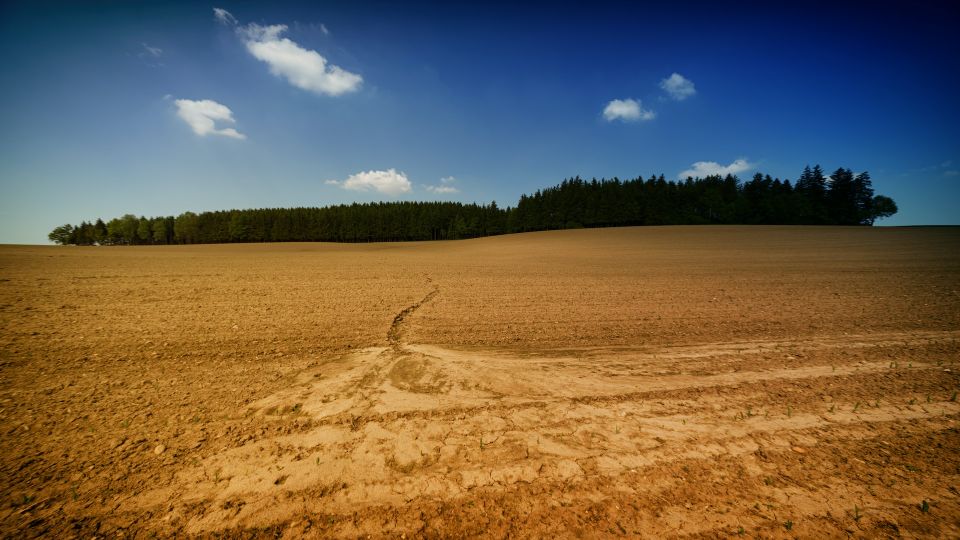Soil stabilization is a crucial process that involves modifying soil properties to enhance its strength, durability, and resistance to weathering and erosion. It is commonly used in construction and civil engineering projects to ensure the stability and safety of structures built on or into the soil. If you're planning to undertake a soil stabilization project, there are several essential considerations that you need to keep in mind. In this article, we'll explore three crucial considerations you should know.
Soil Composition and PropertiesThe first and most important consideration for soil stabilization is understanding the soil composition and properties. The composition of the soil determines its strength, permeability, and other properties that affect its stability and durability. Different types of soils require different approaches to stabilization, and the methods used must be tailored to suit the soil composition and properties.
For example, clay soils are generally more challenging to stabilize than sandy soils because they have a higher shrink-swell potential and can be more susceptible to cracking and erosion.
Before undertaking a soil stabilization project, it is essential to conduct thorough soil testing and analysis to determine the soil's composition and properties. This analysis will help identify potential issues during the stabilization process and determine the best approach. Some common tests used to analyze soil properties include sieve analysis, Atterberg limits tests, and compaction tests.
Stabilization TechniquesThe second consideration for soil stabilization is understanding the various stabilization techniques available. Several methods are used in soil stabilization, and the preferred technique will depend on the soil composition and properties, the intended use of the stabilized soil, and other factors such as cost and time constraints. Some common soil stabilization techniques include:
Chemical stabilization: This technique involves adding chemical additives such as lime, cement, or fly ash to the soil to enhance its properties. These additives react with the soil to improve strength, reduce shrink-swell potential, and increase durability.
Mechanical stabilization: This technique involves modifying the soil structure using mechanical means such as compaction, grading, or mixing with other materials. The process enhances the soil's strength and stability by improving its density, permeability, and shear strength.
Biological stabilization: This technique uses plants or other biological agents to stabilize the soil. The roots of the plants help bind the soil particles together, reducing erosion and enhancing stability.
Environmental ConsiderationsThe third and final consideration for soil stabilization is understanding the environmental impact of the stabilization process. Soil stabilization can have positive and negative environmental impacts, and it is essential to consider them when undertaking a project. For example, chemical stabilization can result in the release of toxic chemicals into the soil and groundwater. In contrast, mechanical stabilization can cause soil compaction, reducing permeability and affecting plant growth.
To minimize the environmental impact of soil stabilization, choosing the most appropriate stabilization technique is essential based on the soil composition and properties. Additionally, you should ensure that the stabilization process is carried out according to environmental regulations and guidelines. For example, you may need to obtain permits or approvals from regulatory bodies, and you may need to implement measures such as erosion control and sedimentation basins to prevent soil runoff and contamination.
We'll Evaluate the Soil on Your JobsiteSoil stabilization is a crucial process that requires careful consideration of the soil composition and properties, the various stabilization techniques available, and the environmental impact of the process. Considering these factors ensures that your soil stabilization project is successful and sustainable, resulting in stable and safe structures that can withstand the test of time.
Terra Firma specializes in keeping your construction projects on budget and on time by modifying soil to extend your construction season and minimize weather impact. With years of experience, we match soil modification to your job's unique conditions, providing cost-effective solutions for everything from mud and bog fixes to hurricane recovery. Contact us for a free estimate for
soil stabilization in the Chattanooga, TN, to Mobile, AL, area.

